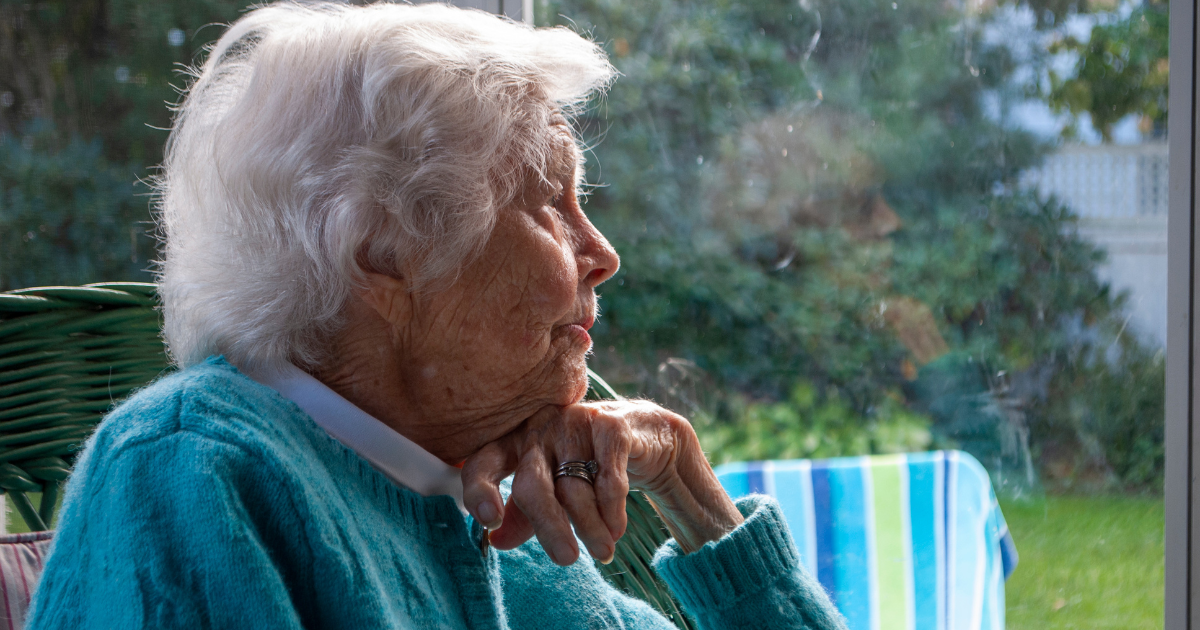What is Toxic Positivity and How Does it Affect Caregiving?
In the world of caregiving, a positive outlook is often seen as a virtue, and rightfully so. However, there exists a fine line between providing emotional support and falling into the trap of toxic positivity. But what happens when positivity ignores the real issue at hand and makes someone feel insecure? Let’s examine what toxic positivity is, how it can negatively affect those receiving home care, and why it’s crucial for caregivers to strike a balance by managing the correct emotions at the right time.
Understanding Toxic Positivity
Toxic positivity is an unrealistic and unhealthy optimism that invalidates genuine emotions and struggles. It’s the relentless pursuit of a positive mindset, often at the expense of acknowledging and processing negative feelings. While maintaining a positive attitude can be uplifting and motivating, it becomes problematic when it dismisses or trivializes real concerns and emotions.
The Dark Side of Toxic Positivity in Home Care
While caregivers undoubtedly have the best intentions when practicing positivity, it’s essential to recognize its potential downsides, especially in the context of home care.
- Invalidation of Feelings: When caregivers insist on positivity at all times, they may inadvertently invalidate the feelings of those they care for. This can leave individuals feeling unheard and misunderstood, which can lead to frustration and emotional distress.
- Suppression of Genuine Emotions: Encouraging constant positivity may cause individuals to suppress their genuine emotions. This can be detrimental to their mental health, as repressed emotions can resurface later with greater intensity.
- Missed Opportunities for Support: By exclusively focusing on the bright side, caregivers might overlook the need for additional support or interventions when it’s genuinely necessary. Ignoring red flags or signs of distress can be harmful.
- Pressure to Conform: Individuals under home care may feel pressured to conform to a relentlessly positive atmosphere, even when they are experiencing pain, discomfort, or sadness. This can lead to a sense of isolation and disconnection from their own emotions.
The Importance of Balance for Caregivers
As caregivers, it’s crucial to strike a balance between positivity and acknowledging real emotions. Here are some tips for finding that equilibrium:
- Active Listening: Take the time to actively listen to the concerns and feelings of those under your care. Validate their emotions by acknowledging their experiences.
- Create a Safe Space: Foster an environment where individuals feel comfortable expressing both positive and negative emotions. Let them know it’s okay to have “bad days.”
- Educate Yourself: Understand the emotional nuances of the conditions your clients are dealing with. Empathy and knowledge go hand in hand in providing effective care.
- Encourage Emotional Expression: Encourage individuals to express their feelings through open and non-judgmental conversations. Sometimes, simply talking about their emotions can be therapeutic.
- Professional Guidance: Seek guidance from mental health professionals when necessary. They can provide valuable insights on managing emotions and promoting well-being.
In conclusion, while positivity is a valuable tool in caregiving, it’s crucial to avoid falling into the trap of toxic positivity. Recognize that it’s okay for individuals to experience a range of emotions, and providing support means acknowledging and validating their feelings. Striking the right balance between positivity and emotional authenticity can lead to more compassionate and effective home care.
At Family Resource Home Care, we’re dedicated to providing compassionate home care services to individuals and families across a wide range of locations, spanning from Washington and Oregon to Idaho. Our commitment to delivering quality care goes hand in hand with our belief in the importance of addressing emotions with empathy and understanding. We recognize that everyone’s journey is unique, and we’re here to be your resource, ensuring that our care not only uplifts but also validates the real emotions and needs of those we serve. Together, we navigate the path towards holistic well-being, promoting both physical and emotional health.
Sources:






